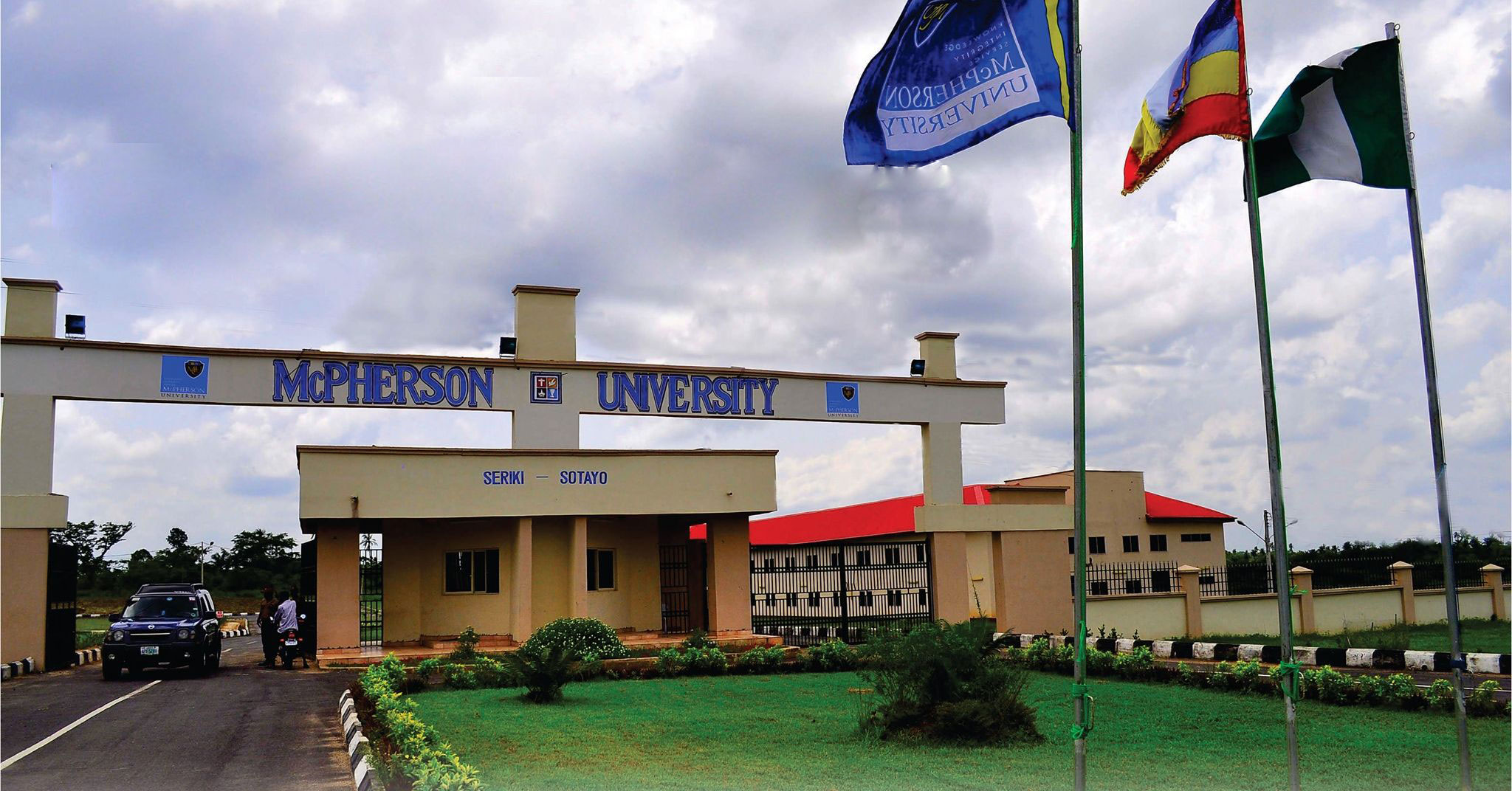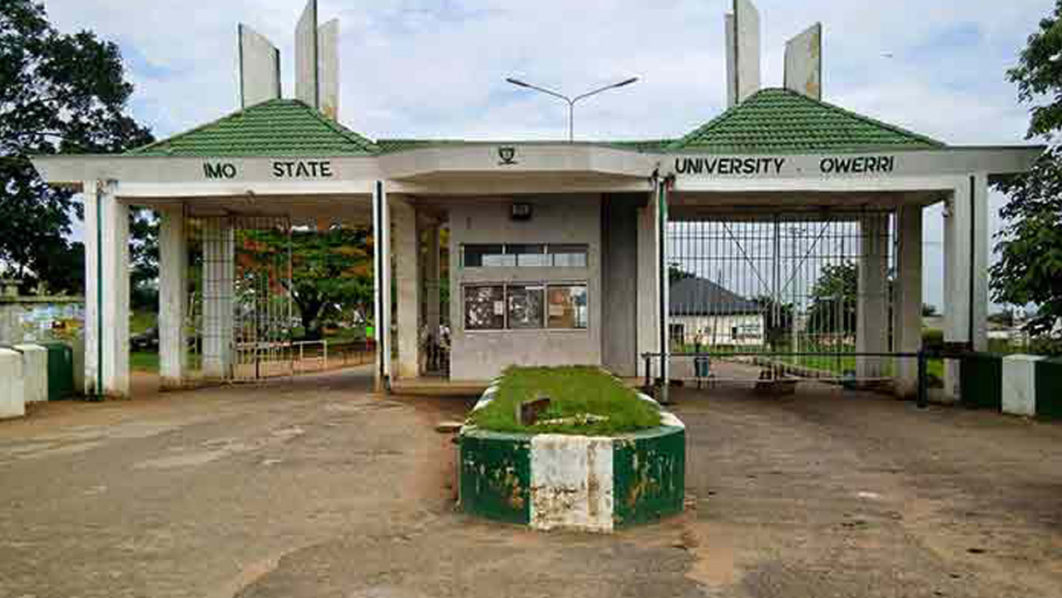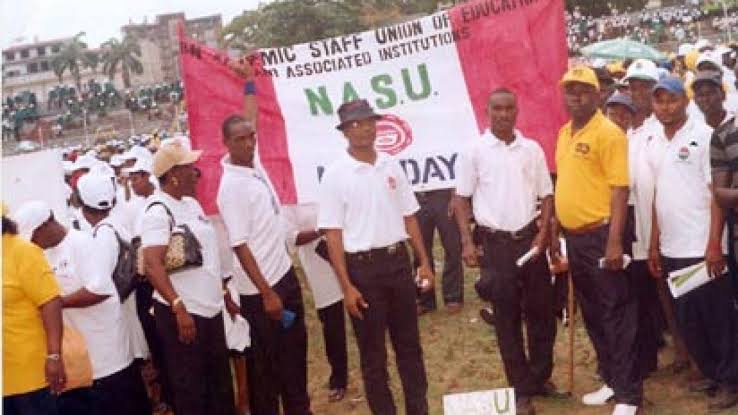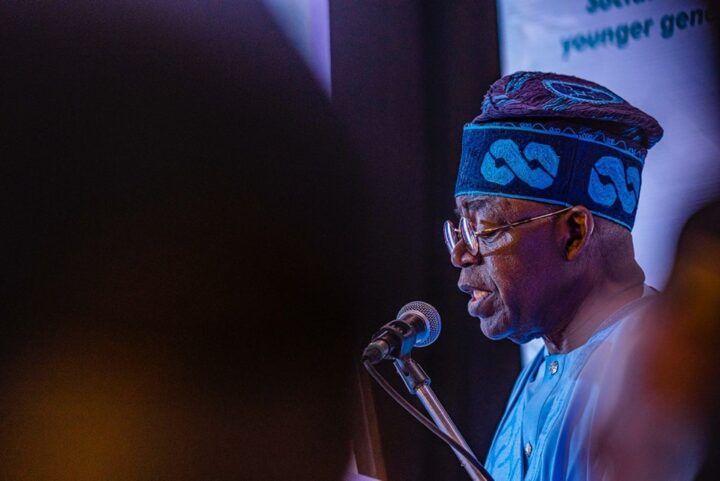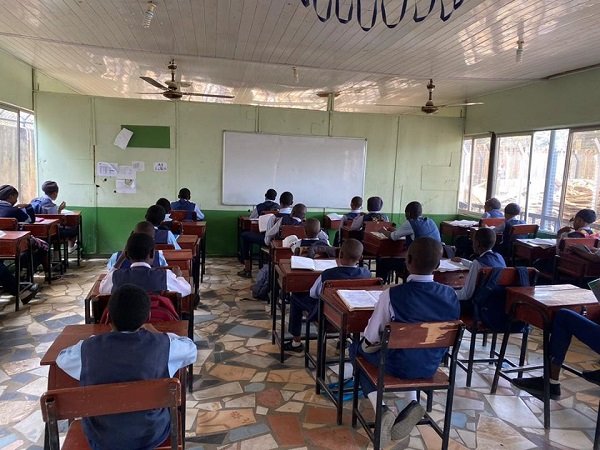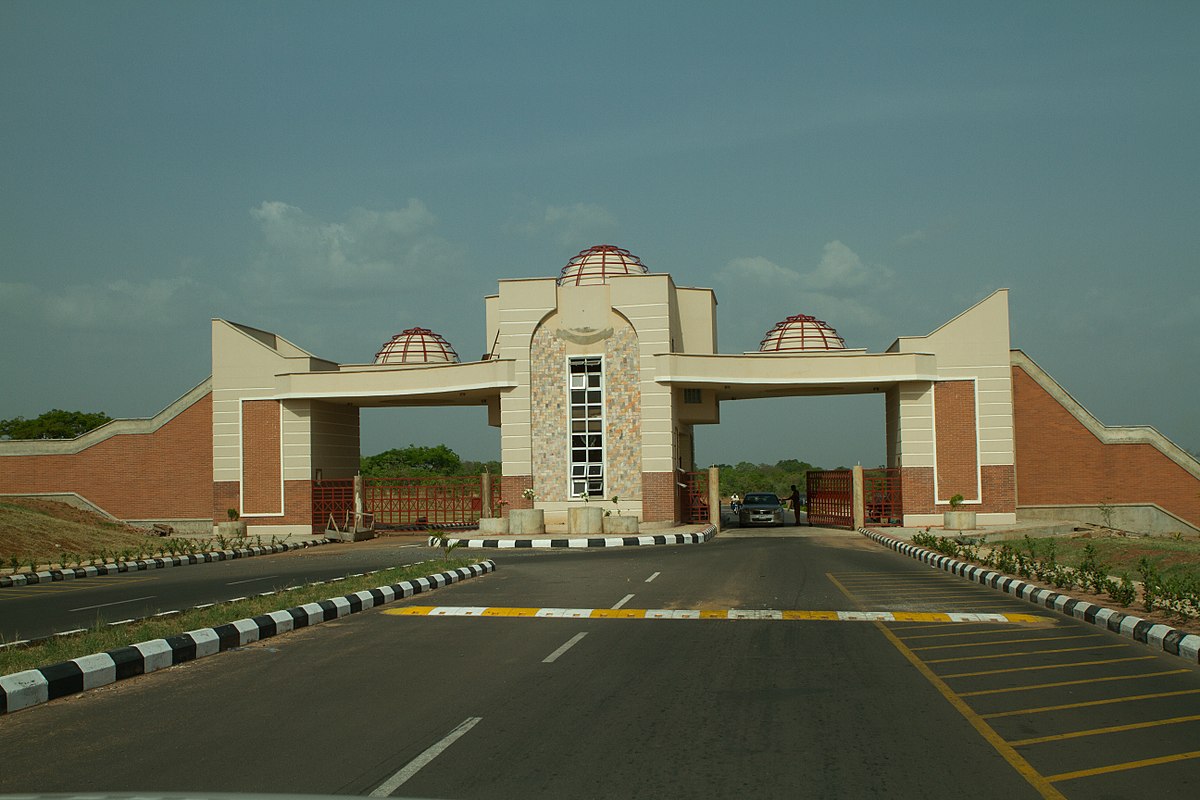Paul Ojo, a university don, has linked the myriad security challenges in the country to the contempt for the Nigerian passport.
Ojo, a lecturer in the department of International Relations, College of Humanities, Social and Management Sciences of McPherson University in Ogun state, stated this at a security sensitisation seminar on Thursday.
The lecturer, who is also a security expert, harped on the need for universities to understand their roles in the security architecture of the nation.
Presenting a paper on campus security, Ojo underlined the importance of a peaceful nation and the obligation of government at all levels to ensure security of lives and property as enshrined in the constitution.
Advertisement
He also advised authorities in tertiary institutions to safeguard their immediate environments.
“Security is the stable, relatively peaceful environment where you can predict your action without any form of harm or disturbance,” he said.
“This is guaranteed by the Nigerian constitution, section 14(2) of the 1999 constitution as amended that says ‘the security and welfare of the people shall be the primary purpose of the government’.
Advertisement
“Therefore, one cannot address the problem of security without addressing our internal issues in the country.
“One of the problems our security challenges cause is a dent in the image of the country, and that is why the Nigerian passport has become an endangered specie.
“Wherever anyone holds the green passport, people like to question them. I therefore put it to the vice-chancellor and his team that the security of life and property, and the welfare of staff shall be your primary responsibility.”
Ojo added that the government still goes to the media to solicit public support despite the various security outfits in the country.
Advertisement
He further listed the security challenges universities are exposed to, including cultism, drug abuse, and sexual harassment.
“Cultism has become a way of life from the primary to tertiary institutions in the country, so we cannot run away from it because this social vice will rear its ugly head as the university expands. But what is important is the ability to handle it,” he said.
“Also, drug abuse is everywhere, we should not deceive ourselves, it is a common issue in all universities.”
On his part, Oluwaseyi Lala, the senior security officer of the university, emphasised the impact lecturers can have on students, while moulding them to become better products for society.
Advertisement
“No other authority holds more influence over students than academic staff who act as mentors, guardians, coaches, educationists, advisers and counsellors,” he said.
“Lecturers have the pre-eminent ability to modify individuals, communities and the larger society with the words they teach. Frankly speaking, terrorists are not born, rather they are indoctrinated.
Advertisement
“Their mindset of hatred and fanaticism is the product of indoctrination and defective monitoring.
“We all know that the best way to safeguard the university community from the current storm of criminality is to proactively prevent it collectively.
Advertisement
“Training and security budgets are choking and it is human nature to become somewhat complacent about security when there is no possible threat.”
He further offered various ways academic staff and their non-academic counterparts can ensure campus safety with their daily routines.
Advertisement
This includes teaching students about the dangers of the wrong use of the internet and identity theft, and encouraging the habit of speaking to university authorities.
“No information is useless, the information considered irrelevant can lead to a bigger discovery that can avert a potential security risk on campuses, probe attitudinal changes in students, and teach students about the need to report deviant behaviours,” he said.
Lala added that students should be discouraged from public display of identity cards in transit, as potential kidnappers could use such information to select their target.
The seminar also had in attendance Francis Igbasan, the vice-chancellor of the institution, who highlighted the various efforts the institution has put in place, in conjunction with various security outfits, to ensure safety within its corridors.
Others in attendance included representatives from the police, the army, and a vigilante group.

